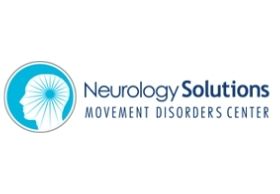
Botox® therapy for movement disorders
Therapeutic botulinum toxin, commonly referred to as Botox therapy, has been used to treat neuromuscular disorders for over 30 years. Botox® injections can be used effectively to relax excessive muscle contraction in individuals with movement disorders. Botox is a mainstay treatment of dystonia.




